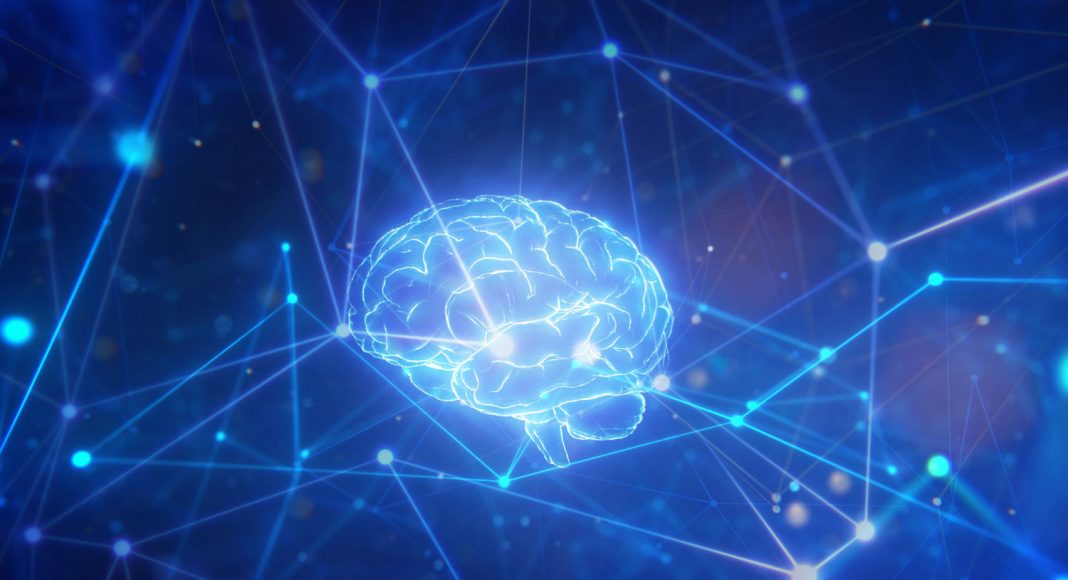Weed makes me paranoid. I ate an edible once and became super panicky and I never want to use cannabis again. Marijuana’s supposed to calm you down, but it always makes me feel the opposite.
You’ve probably heard such remarks — or said them yourself — in recent years as cannabis inches closer to becoming a mainstream recreational activity. While we’ve leapt forward considerably in our understanding of how cannabinoids interact with out endocannabinoid system and how cannabis can positively impact various medical symptoms, we haven’t yet cracked why marijuana makes some people chillax and others not so much.
Thankfully a new study might point to some answers. Scientists from Western University in Ontario, Canada published a paper in Scientific Reports that explored the “divergent psychological effects” produced by marijuana’s psychoactive cannabinoid, tetrahydrocannabinol (THC).
RELATED: Your Brain On Weed: Concussions And Cannabis
“There is not too much known about why there is such differences in response to THC,” researcher Steven R. Laviolette told Yahoo! Lifestyle. “We know a lot about the long-term and short-term effects…But there is very little known about the specific areas in the brain that are responsible for independently controlling those effects.”
To break it down, Laviolette and his colleagues tested the psychological reactions the brain underwent by using rat test subjects. Depending on what area of someone’s brain registers the highest sensitivity to THC, you might experience a different neurological response. Researchers found that it reacts in a front-to-back system.
If it’s your brain’s anterior (the front) that’s most sensitive to THC, consuming marijuana will elicit positive effects (euphoria, relaxation, laughter). But if it’s your brain’s posterior (back) area, you’ll feel more negative effects (panic, scattered thoughts, paranoia).
The study suggests that your reaction to cannabis, positive or negative, is tied closer to your genetics than anything else. That conclusion stands in contrast to an earlier 2014 study from Oxford University that reasoned anxiety and low self-esteem were culprits in determining if a cannabis user would experience negative reactions. But Laviolette and colleagues suggest something more reassuring to those who panic when high — it’s not your fault.
RELATED: Marijuana Legalization Discourages Teenage Use, Study Finds
“Once we figure out what molecular pathways are causing those effects in different areas, then in the longterm we can work on modulating THC formulations so they don’t activate those specific pathways,” Laviolette told Yahoo!. “That’s the really long-term goal of what we’re trying to do here.”
Next, Laviolette and fellow researchers will attempt to duplicate their experiment using human test subjects. While that’s easier said then done, Laviolette admitted, he hopes this research will go a long way in helping the general public make better decisions around their cannabis consumption.


